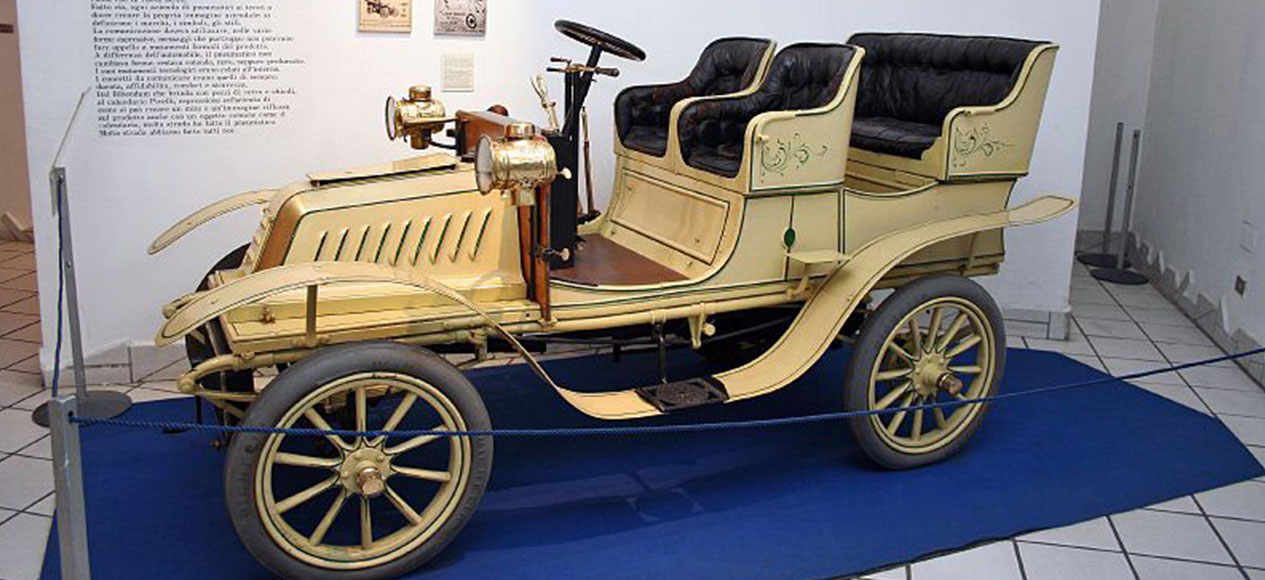French car manufacturers have a history of producing spectacular motors. Just look at the longevity of the Citroen DS! A historically important French brand was De Dion-Bouton, which lasted from 1883 to 1953. Founded by the Marquis Jules-Albert de Dion, the company developed into the world’s largest car manufacturer. Despite being known for the quality of its cars, De Dion-Bouton couldn’t avoid being shut down. We’re looking into the history of the company.
Early days
The earliest machines that De Dion-Bouton developed were steam cars. An early example competed in the 1887 trial and it was the only vehicle to take part. The steam car completed the course, clocking in a speed of 37 mph. After this success, the firm offered steam tricycles, but they were only built in small numbers.
Several more steam cars were produced, mostly tricars which sported Michelin pneumatic tyres and two-cylinder engines. In 1901, the company began producing four-wheelers that featured a two-speed gearbox. The design was considered unusual because the passenger faced the driver.
Becoming the world’s largest car manufacturer
In 1900, De Dion-Bouton had turned into the largest automobile designer on the planet, producing 400 cars and 3200 engines. Soon enough, the firm started producing engines for other car companies. Production was so great that it became impossible to test every engine. By 1904, 40,000 engines had been distributed across Europe.
During this period of growth, De Dion-Bouton developed a range of successful motors. This included the 10 CV, which competed in the 1907 Peking to Paris rally. The company also became the first to create a successful mass-produced V8 engine.
When World War I broke out, De Dion-Bouton turned to manufacturing gun parts, armoured vehicles and aircraft engines. After the war, the company started to stagnate. By 1927, the main factory closed. A rumoured takeover by Peugeot or Mercedes never came to fruition, leading to the stoppage of passenger car production in 1932.
De Dion-Bouton continued to produce a small amount of commercial vehicles until 1950. The final cars to carry the badge were made by Land Rover. The company went out of business in 1953, with the name being purchased by a motorbike manufacturer.
Even though the firm stopped producing cars, De Dion-Bouton remains a historically significant manufacturer.
Do you own a classic car? Get a competitive classic car insurance quote through Carole Nash in minutes. Contact us or call for a free quote today.
Tony Harrison from Farnborough, UK [CC BY 2.0], via Wikimedia Commons



